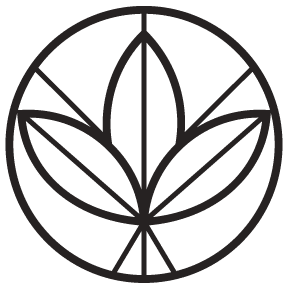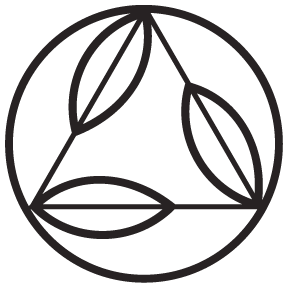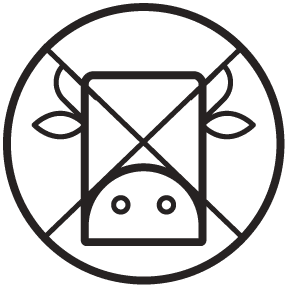YOUR CART
- No products in the cart.
Subtotal:
AU$0.00
BEST SELLING PRODUCTS
AU$43.49 – AU$60.49
AU$32.49 – AU$52.99
AU$38.99 – AU$103.99
AU$37.99 – AU$52.99
AU$42.49




















